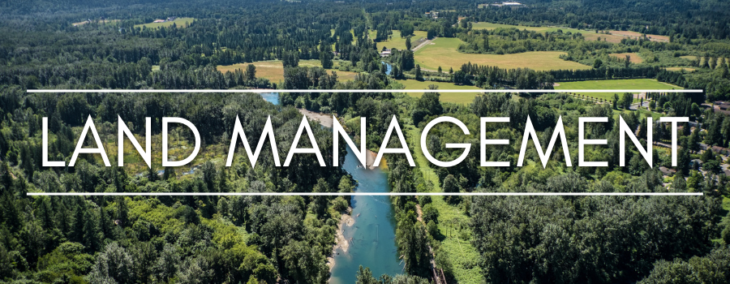
Land management related to Vietnam’s national security and defense: Blocking loopholes from M&A
The Land management Law prohibits foreigners from buying, selling and transferring land, but they have “evaded the law”, contributed capital, bought shares in domestic enterprises, or transferred money to Vietnamese to buy land.
The process of mergers and acquisitions creates opportunities for foreign businesses to access large areas of land in prime locations for national defense and security.
- Thousands of forms of land acquisition
In the capital of domestic enterprises, often the value of land use rights in the form of land use levy or one-time land rent accounts for a high proportion. Even if the value of land use rights is not formed in the form of land rental with annual payment, but the enterprise “changes owner”, that enterprise still has the right to use the land.
In Vietnam, our law already stipulates that land lease for FDI and ODA projects must be approved by the provincial defense and security party. In actual implementation, there may be errors. The province’s national defense and security may find it okay, but the central defense and security may not see it. Thus, it can be seen that our State has made a good forecast and created a mechanism to control foreign enterprises’ access to land through FDI or ODA.
We seem to be passive about controlling foreign enterprises’ access to land through the form of acquisition, capital contribution, and share purchase of domestic enterprises (M&A). To be frank, we don’t have any policy to control. In addition, there is currently a form of foreign organization that borrows Vietnamese people, mainly Vietnamese of foreign origin, to receive land use rights transfer of domestic households and individuals (at a price higher than the market price). ) to consolidate land on a large scale in prime areas to dominate the market, possibly even national security.
In fact, there are many high risks in terms of economy, defense and security. We must see that “opening the door”, we can receive both “good wind” and “poisonous wind”. There is no legal system that can only catch the “good wind” but prevent the “poison wind”. To prevent “poisonous wind”, many technical barriers must be used, sometimes very sophisticated. Our thinking about technical barriers to prevent “poisonous wind” is not much. We need to study carefully and form technical solutions.
Real estate is one of the fields where foreign investors often enter Vietnam through M&A transactions.
- Need a clear land use plan
Our law is strict enough for FDI and ODA projects, there is no solution for M&A (through securities or direct merger and acquisition) and there is no thinking about the form of M&A. Borrowing Vietnamese names to access land in the form of transferring land use rights between domestic organizations, households and individuals. As mentioned above, the law is not a comprehensive solution that requires technical barriers. Moreover, it is necessary to have the participation of economic security, economic police in collecting information.
Regarding shadow transactions, the truth is that it is difficult for us to handle because these are transactions where the form is different from the content, the form is legal but the content is illegal. Saying the content is wrong, but it is difficult to detect and conclude about this “disguised” situation. In essence, this “disguised” state is always associated with risks, and the “disguised” relationship is always guaranteed by its own rules of the game. This is the downside of “disguised” transactions that we can exploit to manage towards a healthier market.
Currently, the transfer of projects without the state’s capital is done entirely according to the market mechanism if it is transferred to domestic economic organizations. According to the thinking of fully applying the law, when transferring a project without the state’s capital to a foreign enterprise investing in Vietnam, the consent of the provincial defense and security must be obtained. For projects with state capital, the opinion of the state agency responsible for managing this capital is required.
For the future, we need a villa thao dien for rent use plan that clearly delineates which land is used for what, and who is used. It is called the identification of planned land use restrictions. From there, it can be easily managed and not afraid of the international integration process.
Thus, land use planning is a necessary technical barrier for the risks we are talking about.
In the immediate future, it is necessary to propagate so that people need to be aware of not abetting the “hiding” behavior of the Chinese. The authorities, especially the economic police force and economic security, should consider this as a central task in monitoring, investigating and preventing timely forms of “hidden” investments. borrowing Vietnamese names to receive the transfer of land use rights, while the current land law does not allow foreigners to own land use rights.
